A typical day in Iran
We get up, have breakfast and fold away the tent. Nothing unusual here, we’ve been doing it now for more than 8 months pretty much every day and are getting pretty efficient. But in Iran that is where the similarities with other countries end. And we’re not just talking about the fact that Jude wears a headscarf and a poncho to conform with hejab rules.
We’ll tell you about our morning in Masouleh, a tiny village in the mountains near the Caspian Sea. This is one example, but it happened everywhere we went. We could have also told you about Sina and Mohammad in Tabriz or about an entire Kurdish family in Takab. The stories are all similar and it makes our hearts heavy when we think we will have to leave this beautiful country with its wonderful people soon.
The clouds were hanging low in the valley this morning and for the first time in many months we woke up to grey skies. We had left the deserts behind and ventured north and west far enough that we were not only seeing, but also feeling the effects of autumn all around us. The magnificent reds and yellows of the trees made up for the fact we didn’t see the sun much today.
We had parked Lara near the stream at the bottom of the village as there are no roads, just narrow cobbled lanes in Masouleh. It’s built on one side of a valley so steep, that the roof of one house is the next house’s terrace. In some areas these terraces have been converted to tea houses and restaurants and the narrow streets are littered with tiny shops and guest houses.
As we walked into the village we could smell fresh bread and saw someone carrying several long flatbreads. We asked around and were pointed in the right direction. A small queue of locals was already standing in front of the tiny bakery. When we peered inside we saw an enormous oven, with a turnstyle below it, from which the baker frantically collected the bread and replaced it with new batches of doe (deeg) which then disappeared into the oven for a few seconds. We joined the end of the queue and waited our turn.
Just before it was our turn to order, the lady in front of us turned around and asked us how many breads we wanted. We tell her we want 2. She tells the baker for us. When she collects her breads she turns around and tells us we’ll have to wait 5 minutes for the next batch as he has run out. No problem we tell her, we can wait 5 minutes. She then says she has already paid for our breads and when we protest she tells us we are her guests. All we can do is thank her. Luckily we have by now learnt how to say ‘thank you very much’ in Farsi. With Iranians being so extremely friendly we use this a lot!
Then, as we are waiting for our bread, a man starts to talk to Jon. His English is, like the lady who paid for our bread, excellent and soon he invites us over to his house for breakfast. We tell him we have already had our breakfast, but as he insists, we say we can join him for a cup of chay (tea). We walk with him as he does the breakfast shopping and head back to meet his family. They are on a short holiday and have rented one of the traditional houses in the village for their stay.
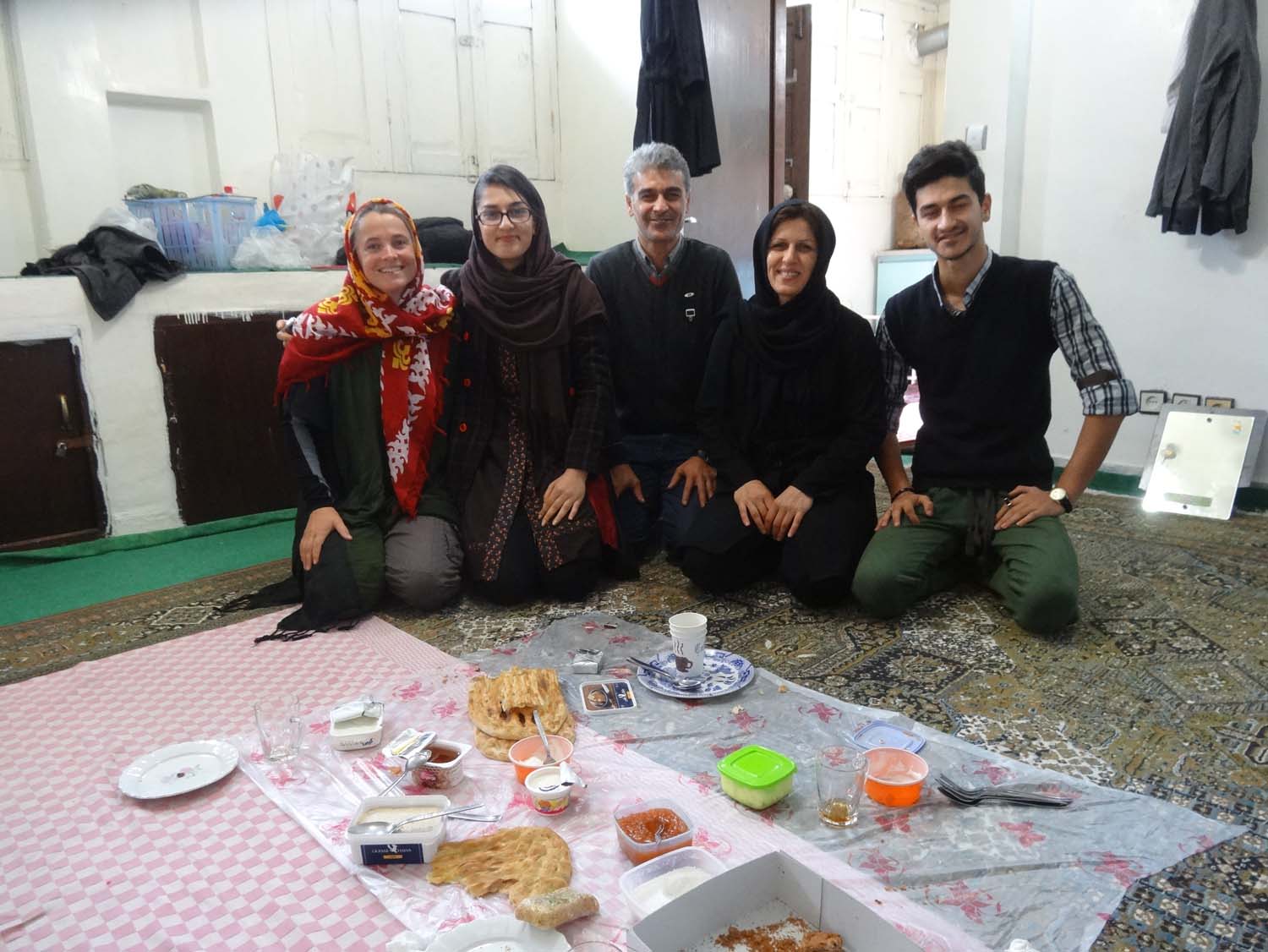
not long after buying our bread we are joining Assa, Mohammad and their parents for a second breakfast
We join his wife, Assa (daughter) and Mohammad (son). Jon, without any problems, manages to eat a second breakfast, including homemade carrot jam and halva. Afterwards we join Assa for a walk through town. Like her brother, her English is excellent. She is studying to become a lawyer, her brother wants to be an engineer, after he has completed his compulsory 2 years of national service that is. It’s nice to walk through town and have somebody to talk about Iranian life with. We still have many questions about Iran, the people, but also about food, sport, education and customs. With all people we meet in Iran we have pretty wide-ranging conversations, and hear some very interesting points of view.
We invite the whole family for a cup of tea and a qalyan (water pipe) in a rooftop tea house. Assa enjoys the qalyan as much as her brother, and we smoke double apple for the first time – a mix of green and red apple flavour. As it is getting cold we don’t linger but continue our walk through town to warm up.
Assa and her mum disappear briefly and return with an empty cooking pot. The mosque is feeding everybody in town as part of the Ashura celebrations and she gets a pot full of rice and remu, a delicious mixture of vegetables and minced meat. It’s only 11 o’clock and we’re going back to their house for more food!
After this early lunch we really have to go. It has started to rain and we walk quickly back to the car where we say goodbye. We are handed a Tupperware container of the delicious home-made carrot jam as well. Back on the road, we get hooted at every few minutes by locals who want to get our attention just to say hello. They wave enthusiastically from their cars, motorbikes or sometimes their donkey. We get stopped a few times in small villages and are handed cups of tea or sweets, again part of the Ashura celebrations.
Just before we find our camp site for the night on a little side road, Jon needs to stop for a pee. As soon as he is finished 2 men jump out of the car that has pulled up behind us. They talk to us enthusiastically in Farsi, then call a friend who speaks English to translate. They want us to stay in their house, but when we politely decline, they give us some orange juice and want to fill up Lara with diesel. Half an hour later than planned we continue our journey, having become friends yet again with two complete strangers.
It has been another ‘normal’ day in Iran. We realise how lucky we are to meet all these remarkable people on our trip. Neither of us has experienced anything quite like it before, and it is quite humbling to experience this level of genuine generosity. It makes you think hard about the society we live in, which is undoubtedly friendly, but doesn’t go much beyond that. An interesting life lesson for sure.
Thank you to all the wonderful Iranian people who made our stay in Iran incredible, many of you remained anonymous, but we want to especially thank:
- the staff member of a random bank who helped us find our feet after the border crossing (in Quchan)
- Mohammad (in Mashad)
- Sina, Mohammad and Ahmed, Mehdi, Saber, Parastoo and Tahir (all in Tabriz)
- Alma, Francoise, Fatima, Marziye and Mehdi, Ismail (all in Esfehan)
- Karman and Mojtaba (Folke & Astrid’s guide) (all in or near Yazd – if you want a good Iranian guide go to www.heidaritour.ir)
- Assa, Mohammad and their father and mother (in Masouleh)
- the entire Kurdish family of around 40 people (in Takab)
- Shakila and Sahar and her journalist friend (in Shiraz)
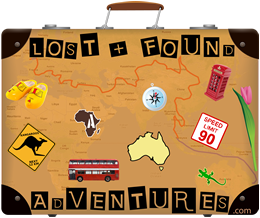
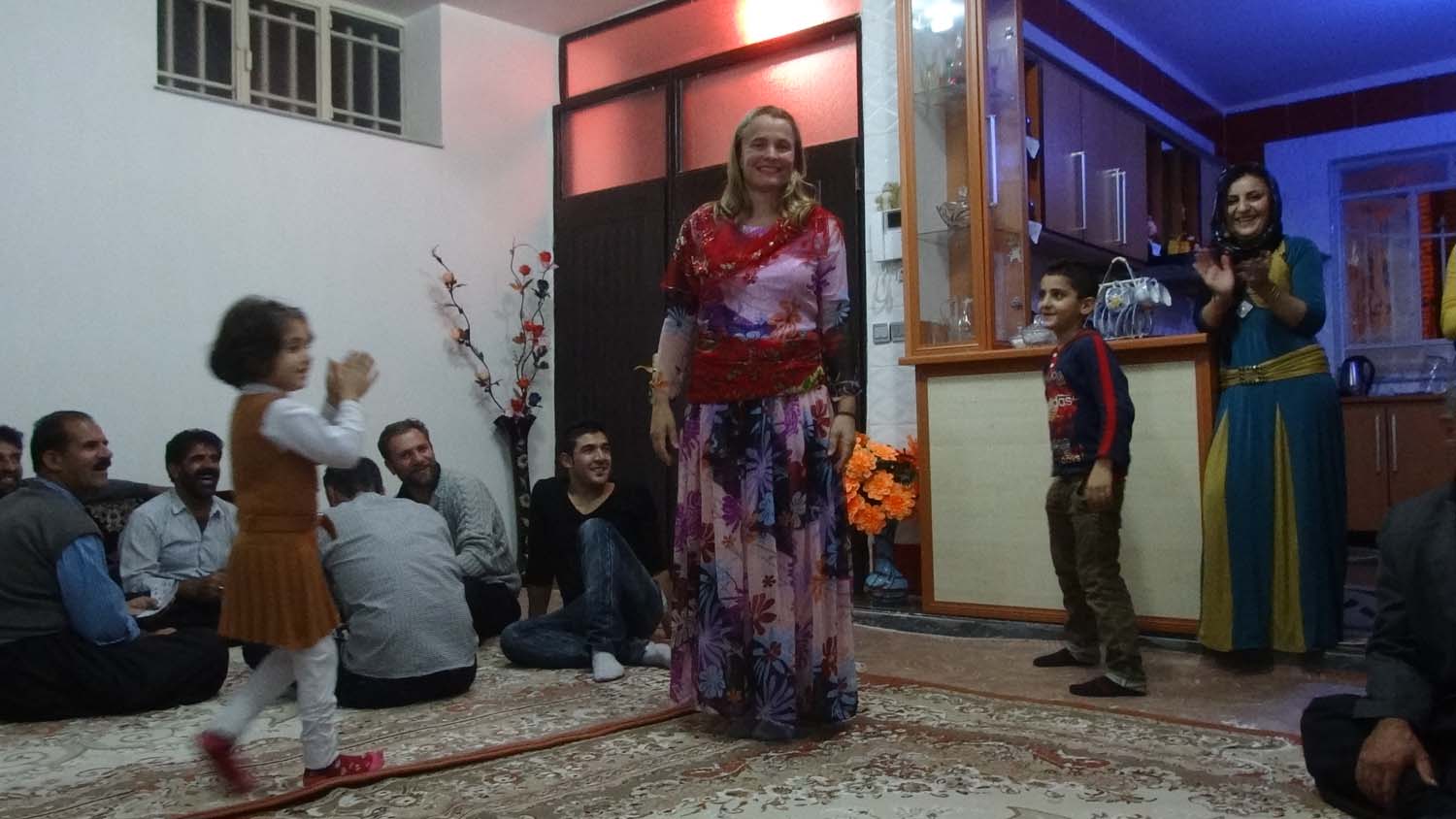
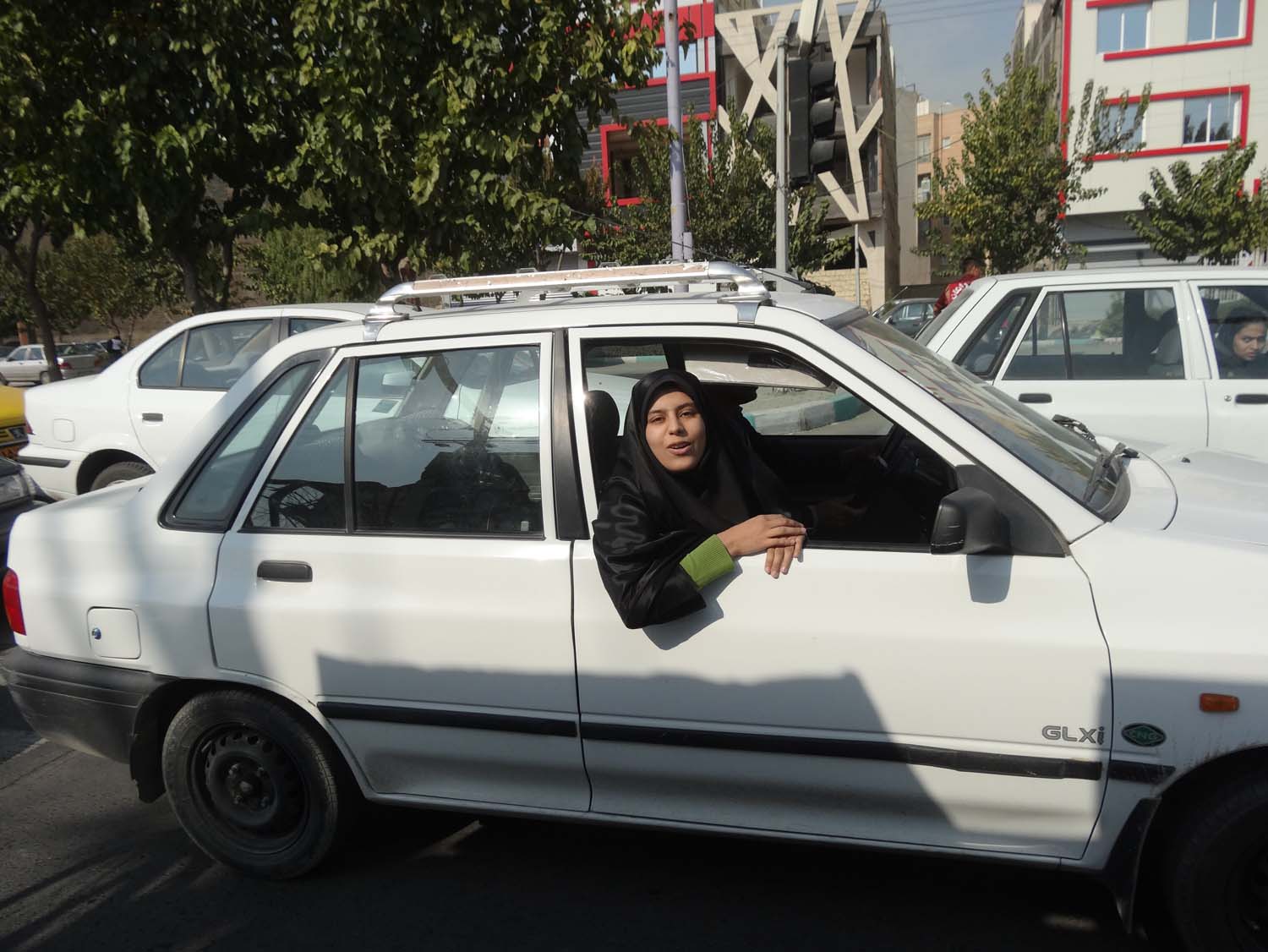
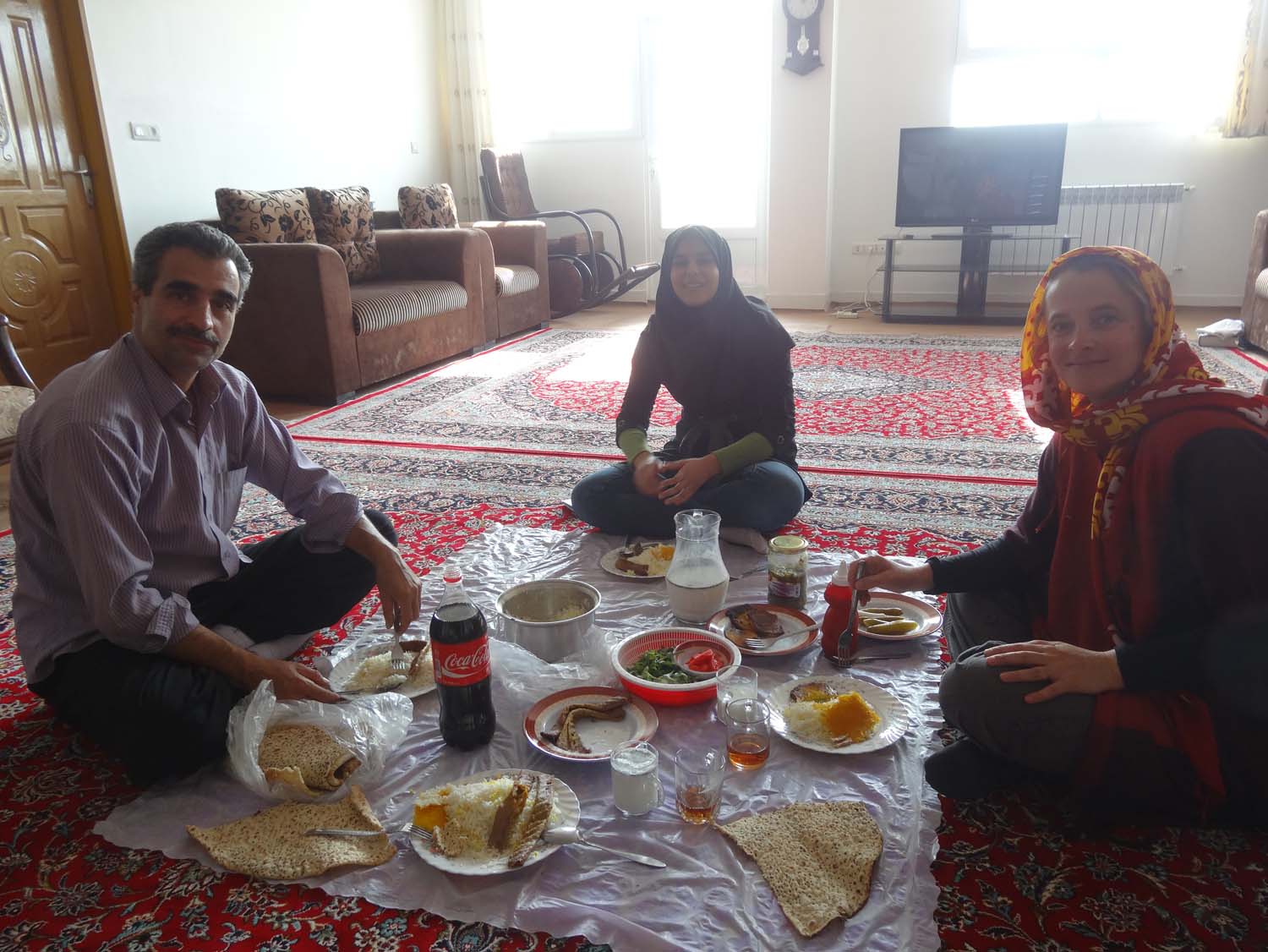
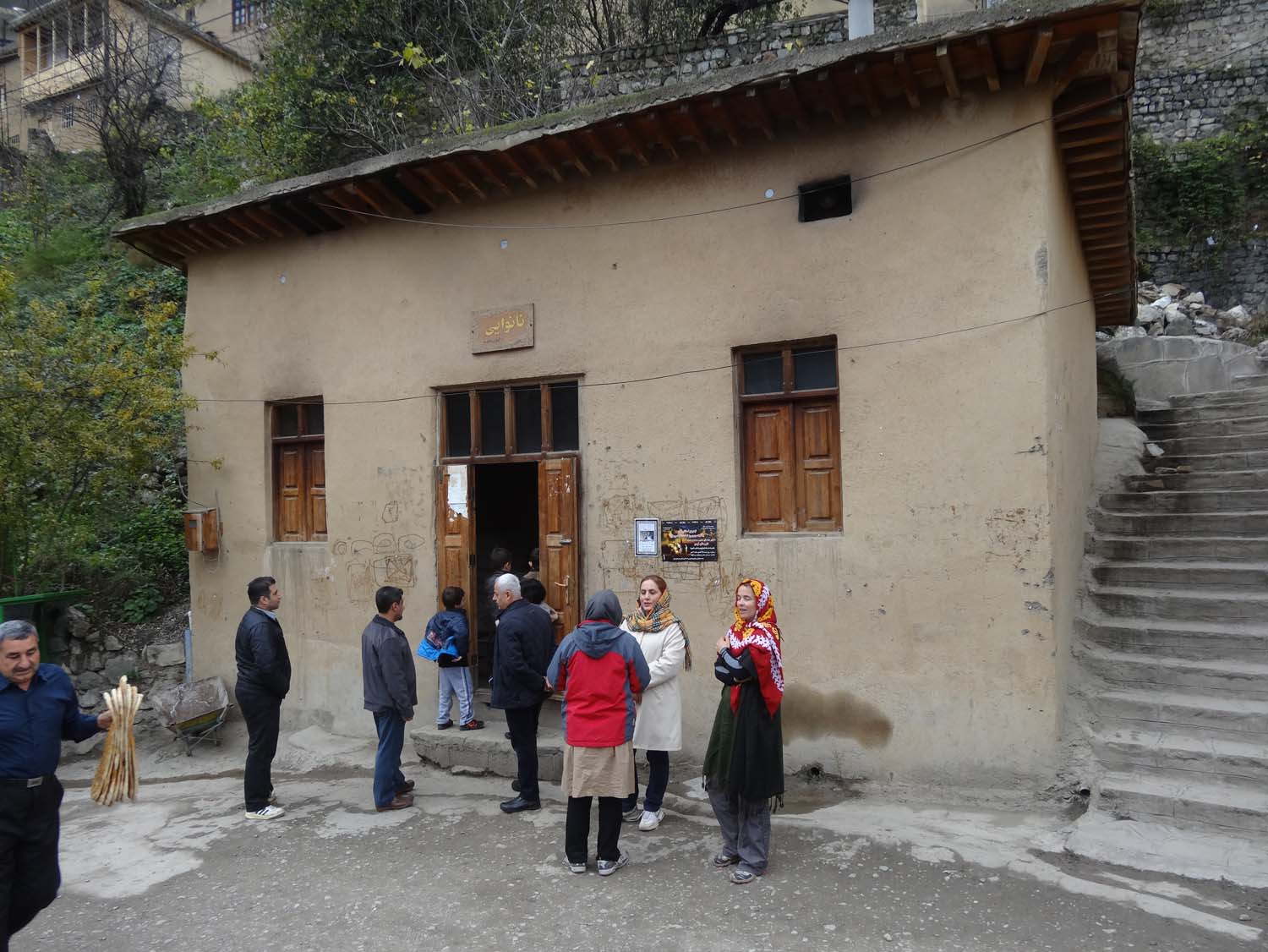
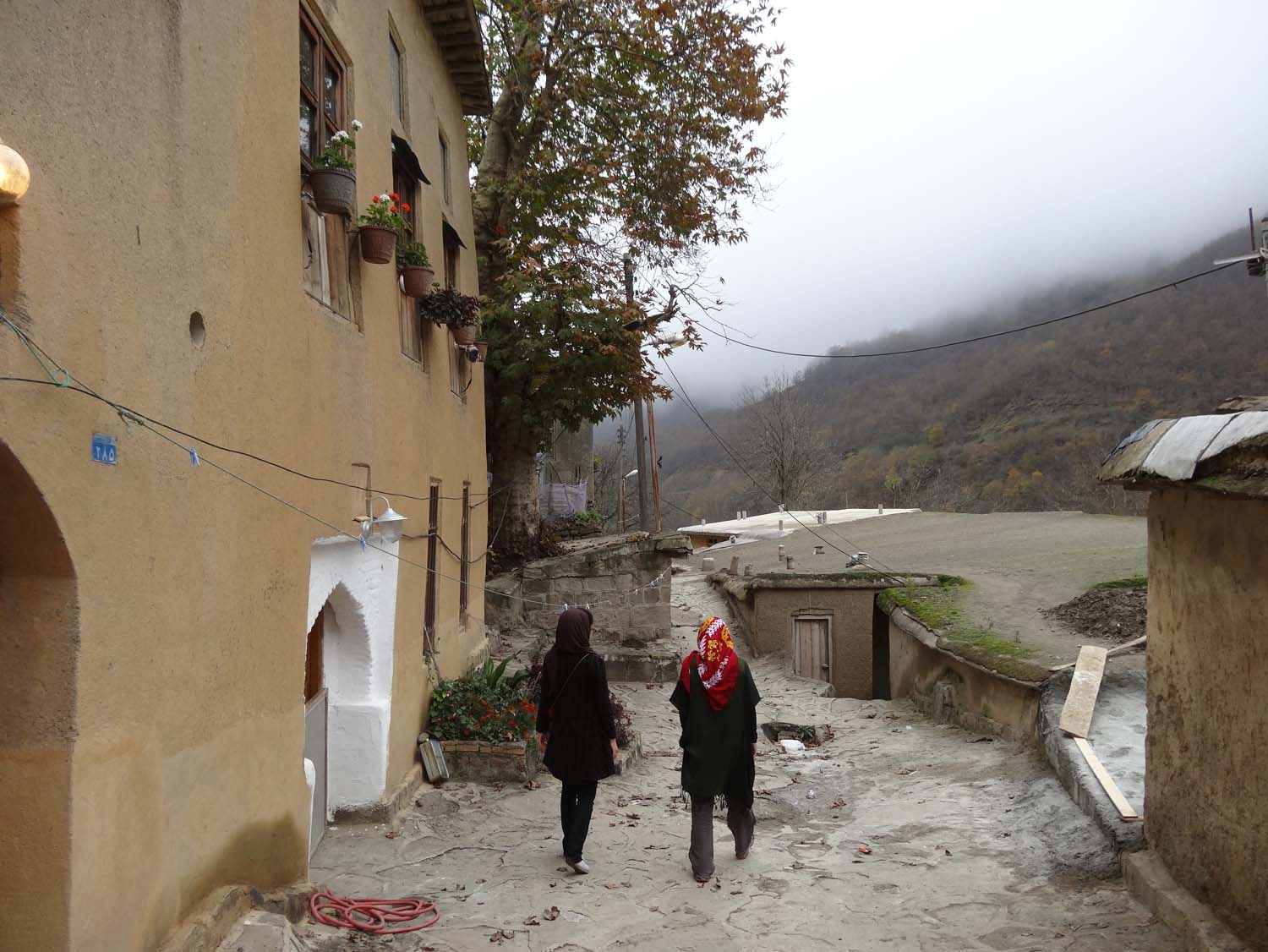

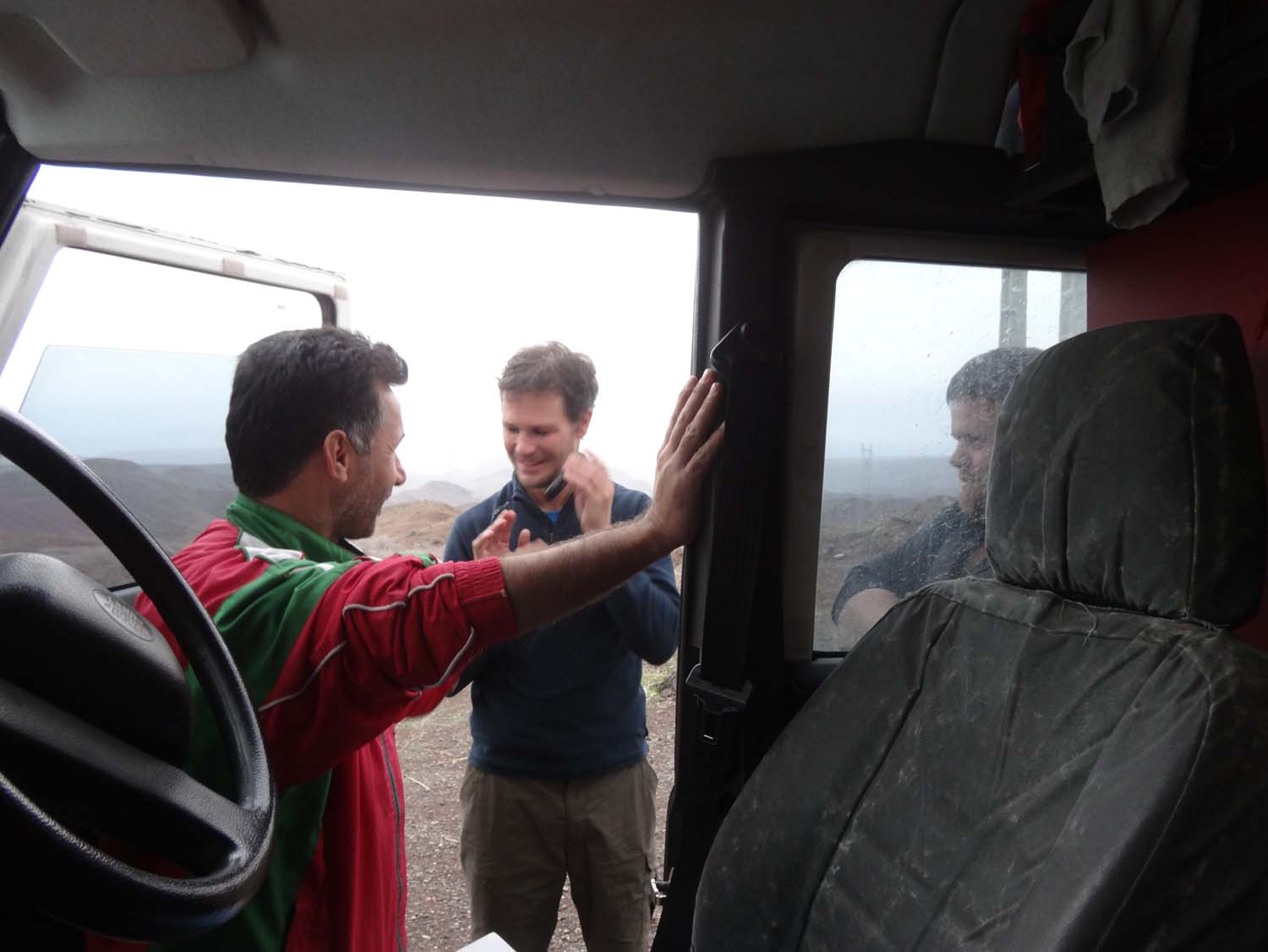
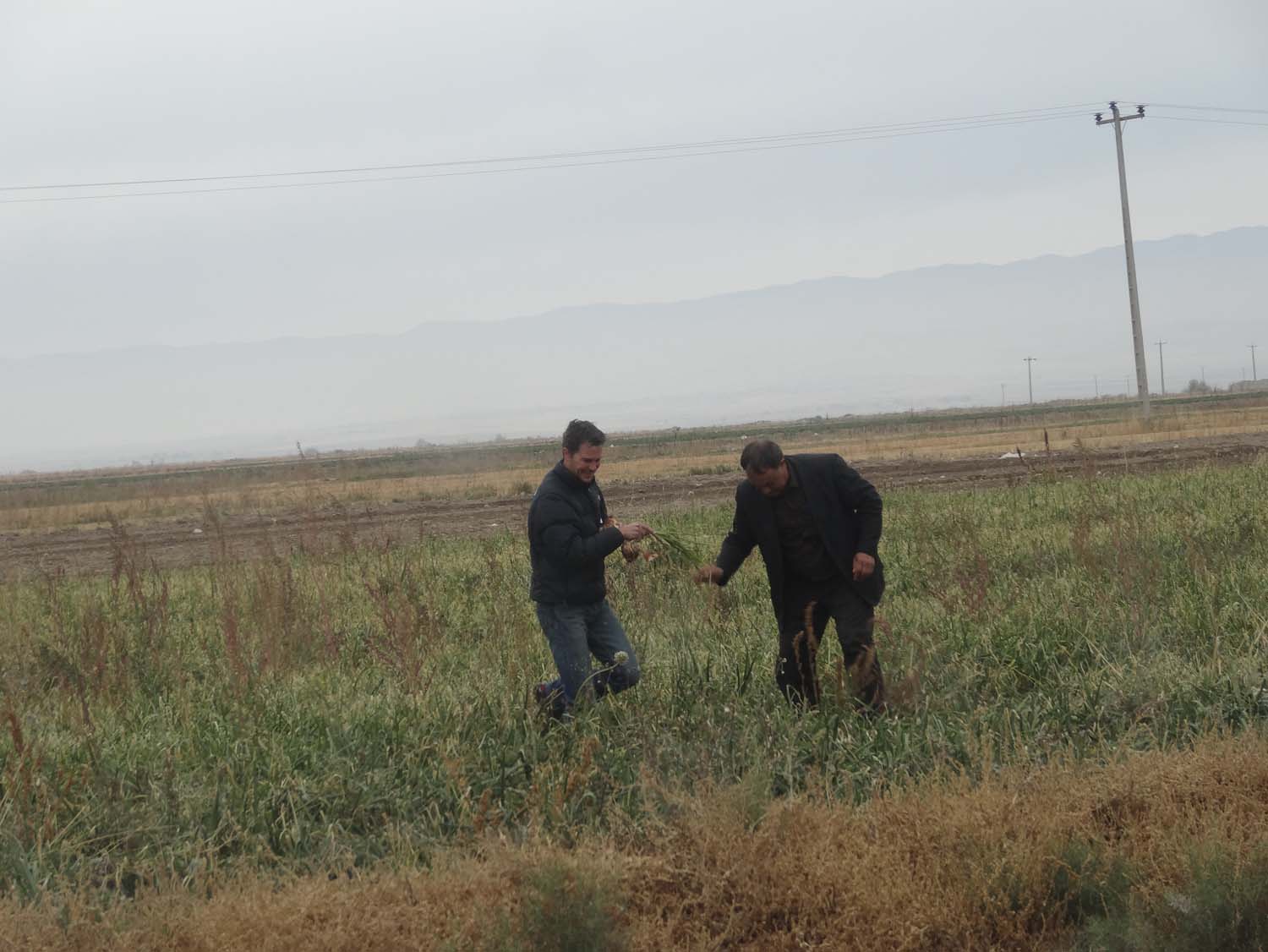
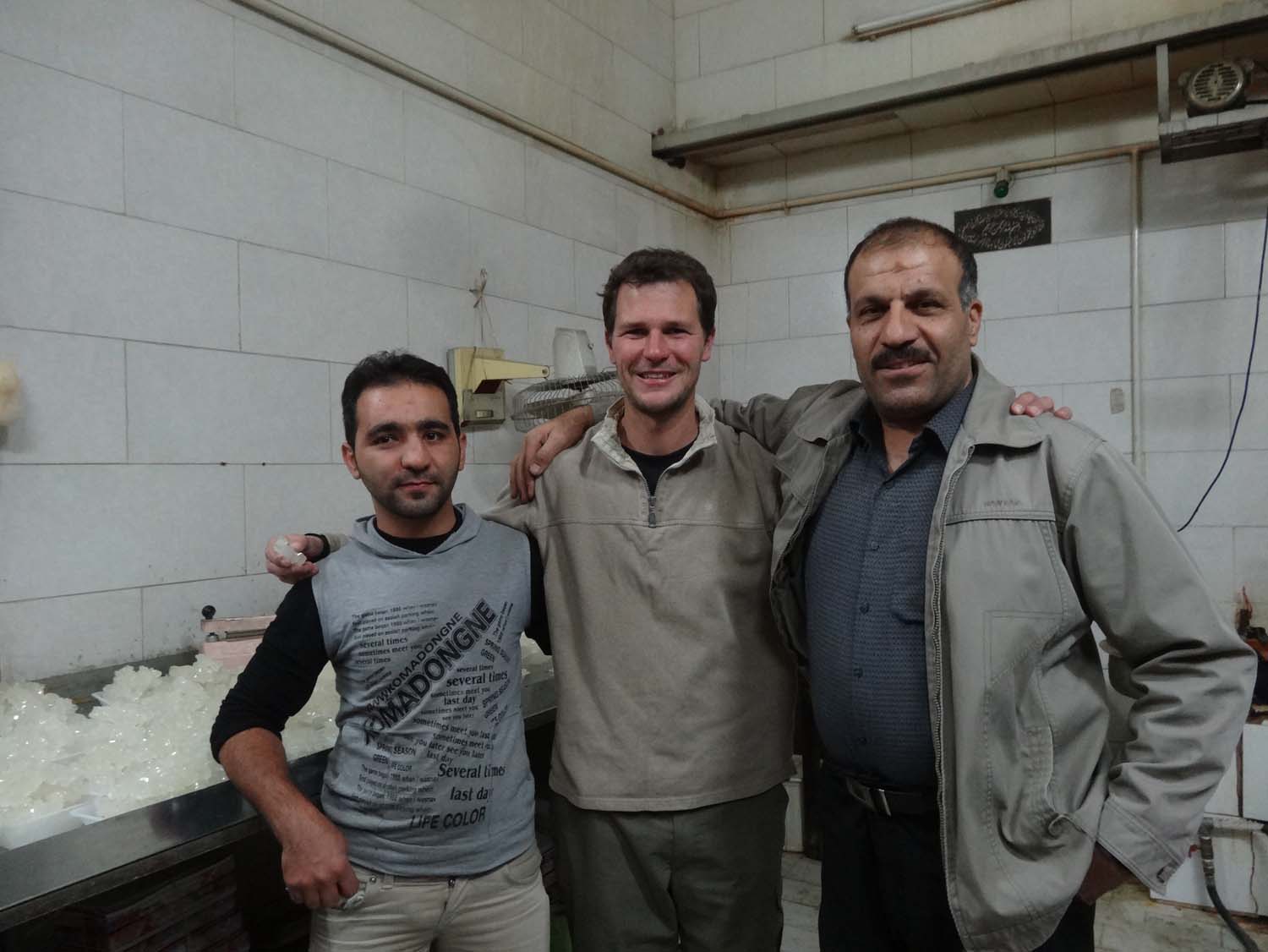
I want to go to Iran now after reading that. The Iranian people sound very similar to my experience in Syria quite a few years ago with people wanting to take me back to their families for dinner or just to have chay and chat. Great one, I am glad you got to experience their hospitality in that area of the world which is a lot different to what we see on tv.
You should go Tim, you’d love it! Sounds like Syria was a very similar experience. Awesome countries and yes, we’re very happy we were able to spent nearly one month there. Could have easily spent more time there.
I hear there is plenty of oil in Iran Jon… if you move there we promise to come and visit.
What an amazing experience you guys have had!
it was, definitely worth repeating one day (on a different continent perhaps…)
Great as always, will miss the blogs!
still a few to come – enjoy!
Inspiring me to want to travel to Iran!!
You’d so love it!!! Thoroughly recommend going!!! It’s an amazing country, but the people make it so special!